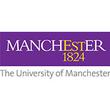
School of Arts, Languages and Cultures
About School of Arts, Languages and Cultures
As one of the largest groupings of students, teachers and researchers in the arts and languages anywhere in the world, this is a place to inspire, and be inspired.
The School of Arts, Languages and Cultures is where you can meet people from all over the world, have your intellectual curiosity sparked, take creative risks and understand more about the subjects you're passionate about.
We attract the best research and academic talent from across the globe, and give students the highest quality educational experience through dedicated teaching and access to a huge range of resources.
The School has 17 different disciplinary areas and is internationally-recognised in the fields of human cultures, beliefs, institutions and languages.
Listen to our Podcasts
- Podcast episode 1 – Humanitarianism and conflict response: learn to make a real difference | with The University of Manchester.
- Podcast episode 2 - Why study MA Arts, Culture and the Environment: Sustainability meets creativity | with The University of Manchester
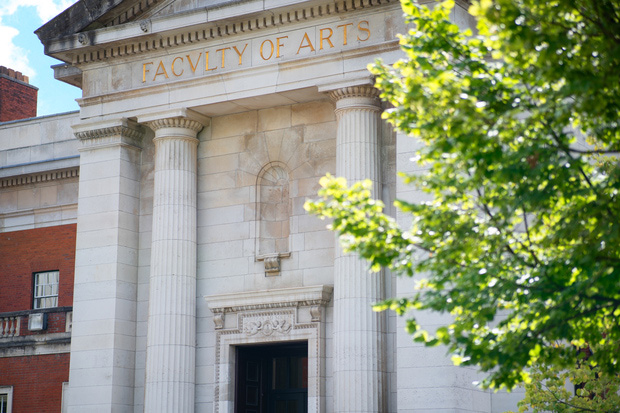
Worldwide Reputation
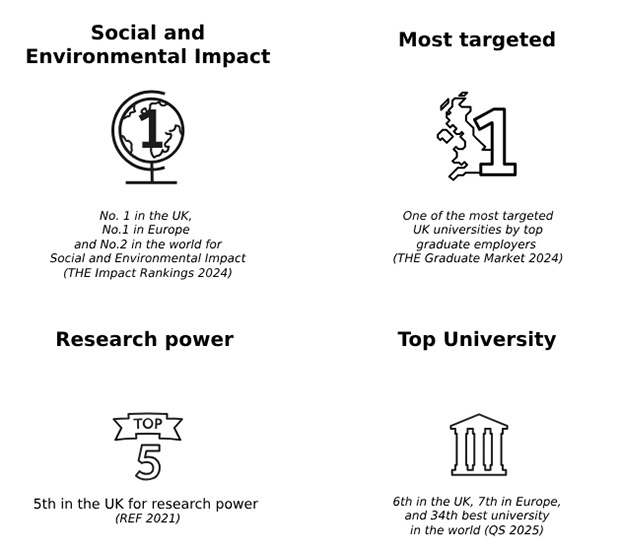
Our Programmes
Our diverse range of around 40 master’s courses cover a wide range of disciplines:
- American Studies
- Art History
- Arts Management and Museology (within the Institue of Cultural Practices)
- Classics, Ancient History, Archeology and Egyptology
- Digital Humanities
- Drama
- English Literature and Creative Writing
- Film Studies
- History
- Humanitarianism and Conflict Response (within the Humanitarian and Conflict Response Institute)
- Linguistics and English Language
- Modern Languages and Cultures
- Music
- Religions and Theology
- Translation and Intercultural Studies
Click the links above to find out more about the degrees we offer in each subject area.
New Courses
As a top research institution, we are always evolving. Discover our brand new degrees, providing graduates with the expert knowledge and skills employers are looking for:
MA Arts, Culture and Environment
Explore the unique and dynamic intersection of cultural expression, environmental advocacy and sustainability. Designed to equip students with the knowledge and practical skills needed to engage critically and creatively with questions of environmental crisis and injustice, students develop a deeper understanding of the roles that arts and culture play in shaping wider responses to these issues.
Through an interdisciplinary approach, the programme will cover themes such as cultural advocacy, environmental storytelling, and the role of the arts in fostering community-based solutions. Students will gain expertise in theoretical frameworks, creative practices, and practical methodologies, equipping them with the tools to make a real-world impact.
Dr. Kelechi Anucha, the programme director of MA Arts, Culture and the Environment
Careers
Our Postgraduate Careers Service offers you dedicated support from the moment you join us. It will help you develop your personal and professional skills, connect you with potential employers and improve your overall employability.
Whatever course you opt for, you will be highly sought after by employers when you graduate - especially as The University of Manchester is one of the most targeted university in the UK for top graduate employers, according to High Fliers Research.
Our graduates go on to a diverse range of careers, from working in the arts and media to success in the worlds of finance, marketing, the Civil Service and more.
Read more about our Postgraduate students’ career prospects.
English language requirements
Our requirements vary from course to course, or whether you’re applying for an undergraduate or postgraduate degree.
We accept a wide range of Standard English Language Tests (SELTs), and in some cases, school or university qualifications from your home country, as proof of your language competency.
English language requirements are listed on the relevant course information pages within our website. Read more about our requirements.
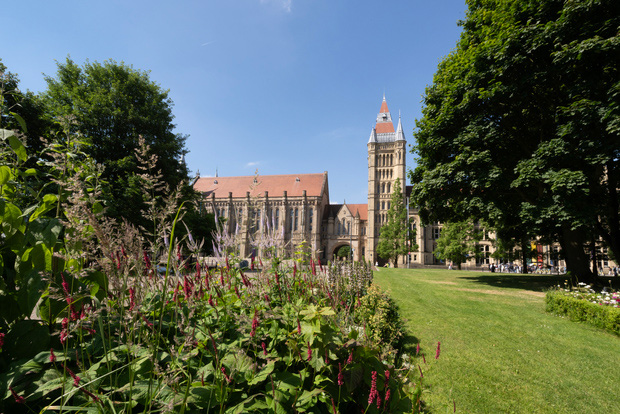
Fees and funding
Both home and international students may benefit from scholarships, merit awards, bursaries and loans available at The University of Manchester.
Home students may be eligible for a postgraduate loan from the government to cover a significant proportion of their tuition fees.
International students may be eligible for a number of international scholarships, such as the Manchester Humanities International Excellence Scholarship, the Global Futures Scholarship, or the GREAT Scholarship.
Both home and international students who have studied at Manchester for their undergraduate degree and achieved a First may be eligible for the Manchester Alumni Scholarship Scheme of a reduction of £3,000 in tuition fees.
For further information on fees and funding, available scholarships and bursaries, as well as their full eligibility criteria, please visit our funding pages.
In addition to your fees, we would recommend budgeting around £12,000-£16,000 a year for the cost of living (e.g. food, transport, accommodation, etc.). Read more about the cost of living in Manchester.
Our Campus
The University campus is a short 10-15 minute walk from the city centre and there are cycle lanes running through the main campus making it easy to get around. Manchester is well connected by road, rail and air transport links, enabling you to travel around the UK, Europe and beyond with ease.

Accommodation
At the University of Manchester, students are guaranteed accommodation as we offer a wide range of university-owned housing options. With over 8,000 places available, we have one of the largest selections of on-campus accommodation in the country. We have specific residences exclusively reserved for postgraduate students, while in other accommodations, both undergraduate and postgraduate students live together in a vibrant community. Rest assured that no matter which residence you choose, you'll never be more than three miles away from the University campus.
See our accommodation.
Manchester
Manchester, a city renowned for its vibrant atmosphere, offers a plethora of opportunities for international students, postgraduate students, and those focused on building a successful career.
With its rich cultural heritage, diverse social scene, and captivating history, Manchester provides an ideal environment for studying Social Sciences.
Experience an exciting music and nightlife scene, featuring clubs, bars, and live music venues. The city hosts a multitude of festivals and cultural events, enhancing your social journey.
Indulge in diverse local and international cuisine that reflects Manchester's rich cultural tapestry and history.
Manchester is your ultimate gateway to academic excellence, cultural immersion, and a thriving career path.
Visit our ‘Discover Manchester’ page for a virtual experience tour: The University of Manchester city tour.
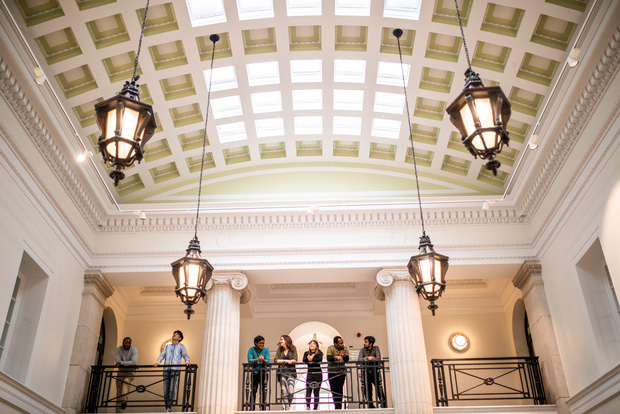
How to apply
The majority of our programmes (including postgraduate programmes) start in September, however HCRI has a January intake for a number of their programmes.
Applications for undergraduate degrees are open from September to July and take place through UCAS.
Applications for postgraduate degrees are open from September to August and take place through our website. We operate a staged admissions process, ensuring that late applications are given equal consideration. However, our advice is to apply as early as possible – ideally between October and February.
If you’re considering master’s study we can help you with all stages of the admissions process, from gathering the correct documents to tracking your application.
Contact details
- MASALC@manchester.ac.uk
- Telephone
- +44 (0)161 804 9199
- Address
- School of Arts, Languages and Cultures
- Samuel Alexander Building
- The University of Manchester
- Oxford Road
- Manchester
- M13 9PL
- Social media accounts

